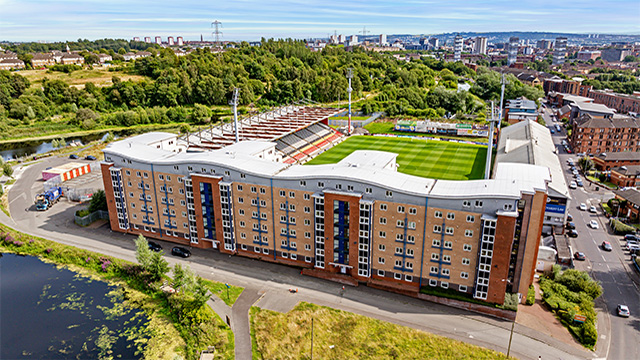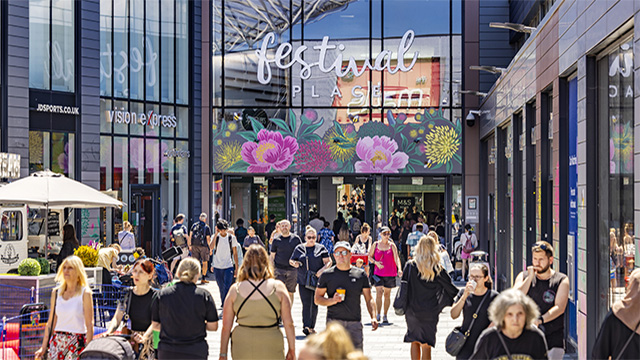Wolverhampton set to invest £98m to deliver new homes
Wolverhampton Council is set to invest £98m over the next five years to deliver around 500 homes.
The investment was approved by its cabinet as part of the Housing Revenue Account Business Plan to fund development schemes across the city. It will now be considered at a meeting of the full council.
As well as the money set aside for new-build development, the capital programme for 2025/2026 to 2029/30 also includes £67m for estate remodelling, £82m for improvements to high-rise estates such as building safety, infrastructure replacement and energy efficiency measures, and £110m to raise the internal standards of properties, including refurbishment of void properties.
Wolverhampton Council is set to invest £98m over the next five years to deliver around 500 homes.
The investment was approved by its cabinet as part of the Housing Revenue Account Business Plan to fund development schemes across the city. It will now be considered at a meeting of the full council.
As well as the money set aside for new-build development, the capital programme for 2025/2026 to 2029/30 also includes £67m for estate remodelling, £82m for improvements to high-rise estates such as building safety, infrastructure replacement and energy efficiency measures, and £110m to raise the internal standards of properties, including refurbishment of void properties.
The new-build programme includes £26.5m funding earmarked for the next phase of new homes at Heath Town, which will see 160 homes built in addition to the 40 homes that have already been completed.
The refurbishment programme at Heath Town estate, managed by Wolverhampton Homes, is set to see work to improve eight tower blocks completed in 2027, with a budget of £30m.
This work includes window replacement and external wall insulation works, structural repairs and safety enhancements. Work to deliver a new low-carbon energy centre is also underway.
Demolition works have started at New Park Village, where 205 out-dated properties will be replaced by 188 two, three and four-bedroom energy-efficient homes for rent.
Planning has also been approved to build 99 energy-efficient council bungalows to replace 93 post-war prefabs on the Lincoln Green Estate in Bushbury, the first phase of the council’s citywide strategy to identify solutions for 4,100 out-dated homes built by old, non-traditional construction methods. This work is being done in consultation with local communities.
Keon Homes has been appointed through the council’s housing framework as the construction partner for the new homes on the Lincoln Green Estate and is expected to start on site in late Spring.
Steve Evans, deputy council leader and cabinet member for city housing, said: “This report demonstrates the council’s continued commitment to balancing the provision of new homes for rent, while continuing to invest in better and safer homes programmes for existing housing and improving and redeveloping housing estates across the city.
“We have major plans on site or planned across Wolverhampton, delivering better connected communities where everyone has the chance to benefit from new opportunities.
“Of course, these plans are set against the backdrop of increasing pressures on the housing revenue account year on year and, without national reform of the HRA system, delivering medium and longer-term objectives is going to be very challenging, which is why England’s 20 largest council landlords, including City of Wolverhampton Council, have collectively developed proposals on national financing and policy, to stabilise HRAs and enable them to operate efficiently and effectively.”










